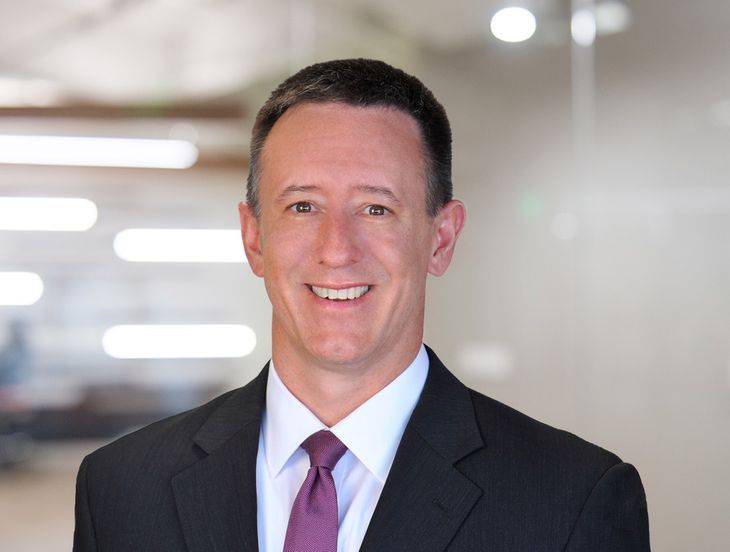California Court Rules That Egg Retrieval and Freezing Procedures Do Not Qualify for Pregnancy Protection – But Employers Should Tread Carefully
Insights
7.23.24
A recent decision from the California Court of Appeal concluded that a worker could not advance a pregnancy discrimination claim based on alleged mistreatment following egg retrieval and freezing procedures – but employers should be wary due to recent changes that have expanded employee rights and protections. In fact, the June 27 decision in Paleny v. Fireplace Products can be seen as a valuable lesson for employers given recent changes to California law that offer protections for reproductive health decisionmaking. What do you need to know about the decision and what should you do to best protect your organization and support your employees?
Time Off Request for Egg Retrieval Leads to Termination
Erika Paleny worked as a full-time administrative assistant for her Sacramento-based employer between May 2018 and February 2019. In October 2018, Paleny informed her supervisor that she would be undergoing egg retrieval procedures both for donation and potential personal use. Over the course of the next month, her supervisor allegedly expressed disapproval of the procedures and harassed Paleny for taking time off for the procedures.
A few months later, Paleny indicated she needed to start work a little later than normal to attend a retrieval procedure. She claimed that her supervisor became angry with her and terminated her employment shortly after.
Lawsuit Lands Flat – But Times Have Changed
Paleny filed a Fair Employment and Housing Act (FEHA) claim alleging discrimination, harassment, and retaliation due to disability and pregnancy. But the Court of Appeal ruled she could not establish a claim due to her sex (pregnancy) because she was not pregnant at the time of the alleged mistreatment, and could not bring a disability claim because she could not identify a medical condition or disability related to pregnancy.
However, since the time that Paleny was fired, California lawmakers enacted the Contraceptive Equity Act of 2022. This law expanded FEHA protections to include “reproductive health decisionmaking,” including the decision to use or access a particular drug, device, product, or medical service for reproductive health.
The Court referenced this law in its decision, but noted that it did not take effect until January 1, 2023, “long after both the conduct she complains of in this case.” As Paleny’s claims predated the Act, she had failed to establish that egg retrieval procedures were a protected activity under the FEHA at the time of the alleged conduct – but that does not mean California employers will have the same defense should they face a similar claim now.
Practical Considerations for Employers
This decision reminds employers that timing is everything. Had the same actions taken place today, the ruling likely would have been quite different.
As noted above, the FEHA now includes “reproductive health decisionmaking” as a protected category. The majority of California employers must therefore be aware of their obligations to potentially accommodate and/or provide time off for egg retrieval, egg donation, sperm donation, and related activities.
With the recent passing of the federal Pregnancy Workers Fairness Act (PWFA), which we wrote about here, and in conjunction with California’s Pregnancy Disability Leave (PDL) laws, employers also need to consider how these pregnancy-related accommodation and leave requirements interplay with the FEHA expansion.
What Employers Should Do Now?
California employers should take the following steps to ensure compliance with applicable law related to pregnancy and reproductive health decisionmaking:
- Ensure your employee handbook and policies regarding pregnancy and reproductive health decisionmaking are up-to-date.
- Train managers and supervisors how to respond to requests for accommodation or time off related to reproductive health decisionmaking. Instruct managers and supervisors to direct such requests to Human Resources if they are unsure about how to assess or respond to the request.
- Ensure Human Resources is well-informed on FEHA protections and the PWFA and the interplay of the state and federal laws.
Conclusion
Make sure you are subscribed to Fisher Phillips’ Insight System to get the most up-to-date information. If you have questions, contact your Fisher Phillips attorney, the authors of this Insight, or any attorney in our Employee Leaves and Accommodations Practice Group or in any of our California offices.
The authors would like to thank law clerk Jaden Deibo for her assistance in drafting this Insight.
Related People
-
- Nicole Kamm
- Partner
-
- Jacklin Rad
- Partner
-
- Aaron Cargain
- Partner


